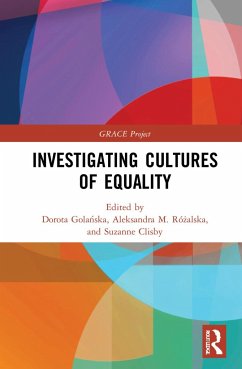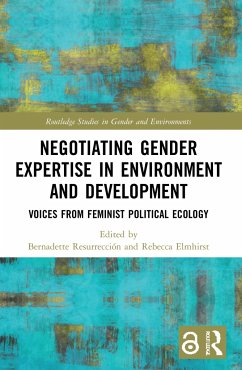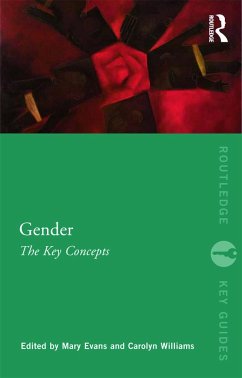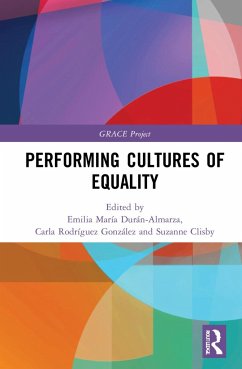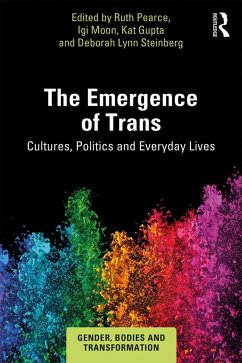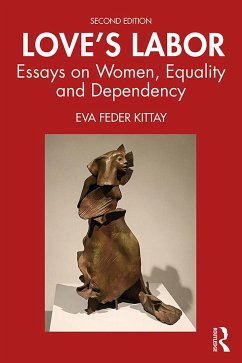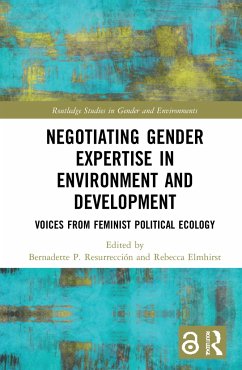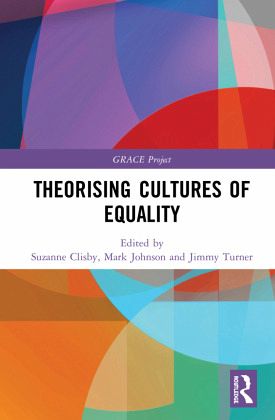
Theorising Cultures of Equality
Versandkostenfrei!
Versandfertig in 6-10 Tagen
154,99 €
inkl. MwSt.
Weitere Ausgaben:

PAYBACK Punkte
77 °P sammeln!
This book sets out a theoretical framework for thinking about equality as a cultural artefact and process, drawing on work from the GRACE (Gender and Cultures of Equality in Europe) project.In revisiting and reframing conventional questions about in/equality it considers the processes through which in/equalities have come to be regarded as issues of public concern, the various ways that equalities have been historically defined, and how those ideas and imaginings of equalities are produced, embodied, objectified, recognized and contested in and through a variety of cultural practices and sites...
This book sets out a theoretical framework for thinking about equality as a cultural artefact and process, drawing on work from the GRACE (Gender and Cultures of Equality in Europe) project.
In revisiting and reframing conventional questions about in/equality it considers the processes through which in/equalities have come to be regarded as issues of public concern, the various ways that equalities have been historically defined, and how those ideas and imaginings of equalities are produced, embodied, objectified, recognized and contested in and through a variety of cultural practices and sites.
Bringing together an international and interdisciplinary group of contributors, the book will be of interest to scholars from across the humanities and social sciences, including anthropology, sociology, and women's and gender studies.
In revisiting and reframing conventional questions about in/equality it considers the processes through which in/equalities have come to be regarded as issues of public concern, the various ways that equalities have been historically defined, and how those ideas and imaginings of equalities are produced, embodied, objectified, recognized and contested in and through a variety of cultural practices and sites.
Bringing together an international and interdisciplinary group of contributors, the book will be of interest to scholars from across the humanities and social sciences, including anthropology, sociology, and women's and gender studies.




